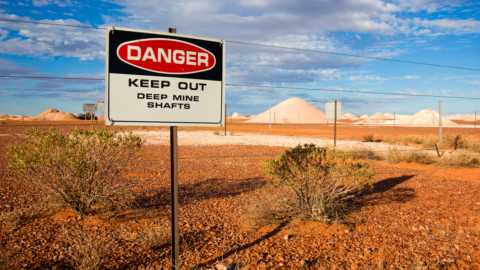Hunter Water has partnered with global consultancy AECOM and the Institute for Sustainable Futures to undertake a comprehensive study that will help determine the feasibility of generating renewable energy from Hunter Water’s biosolids.
Hunter Water’s 19 wastewater treatment works produce almost 8,000 dry tonnes of biosolids each year as a by-product of the sewage treatment process. These biosolids are currently used for pasture improvement, land rehabilitation, and other purposes in the farming and mining sectors.
With the waste-to-energy field rapidly growing in Australia, biosolids represent a potentially valuable source of renewable energy. By generating energy from biosolids, Hunter Water would be on the right path to reduce its carbon footprint considerably.
Currently, Hunter Water’s total carbon emissions are 90,000 tonnes of CO2-e per year, equivalent to the emissions from about 20,000 cars on the road. Initial estimates suggest that an effective use of biosolids for energy generation could reduce Hunter Water’s emissions from energy consumption off the grid – known as Scope 2 emissions – by approximately 10 per cent.
The study will also explore new commercial opportunities around renewable energy from other organic waste streams, such as food waste.
Hunter Water’s Sustainable Wastewater Program Director, David Derkenne, was enthusiastic about the study’s development.
“This comprehensive study will provide guidance to our Biosolids and Renewable Energy Strategy, but also give insights on options to reduce our carbon footprint by generating our own energy.
“This would bring benefits not only to Hunter Water, but also to our environment, as we’ll be better positioned to reduce our emissions from energy that we take from the grid for our operations.”
Hunter Water will use the findings of this study to inform the Biosolids and Renewable Energy Strategy, its next price path submission, and the development of its Long Term Plan.
The results of the study are expected to be available late 2018.
















